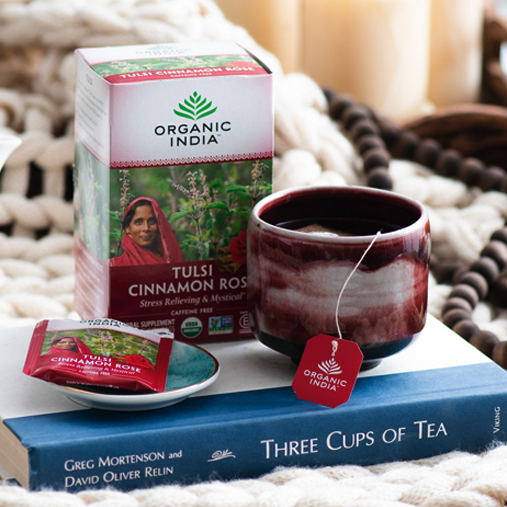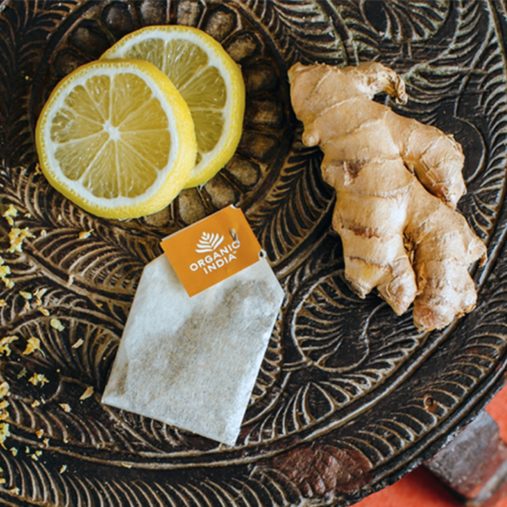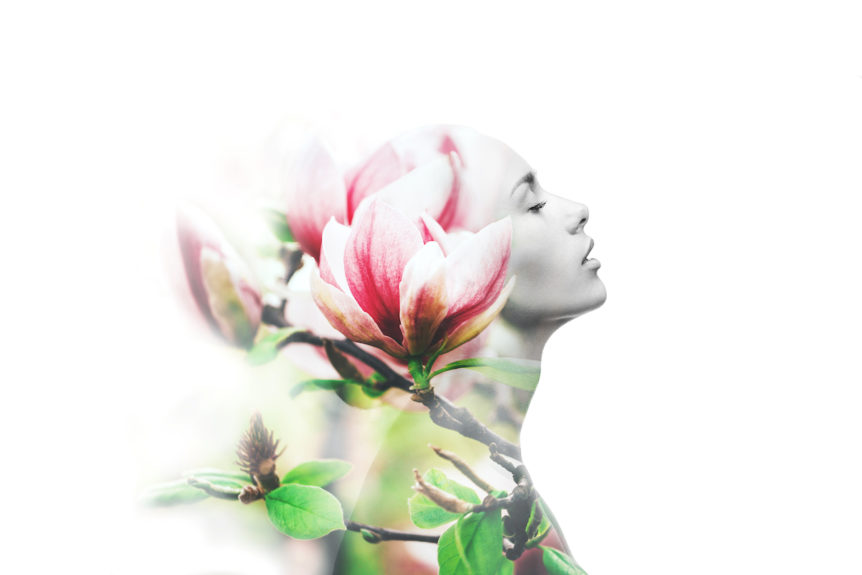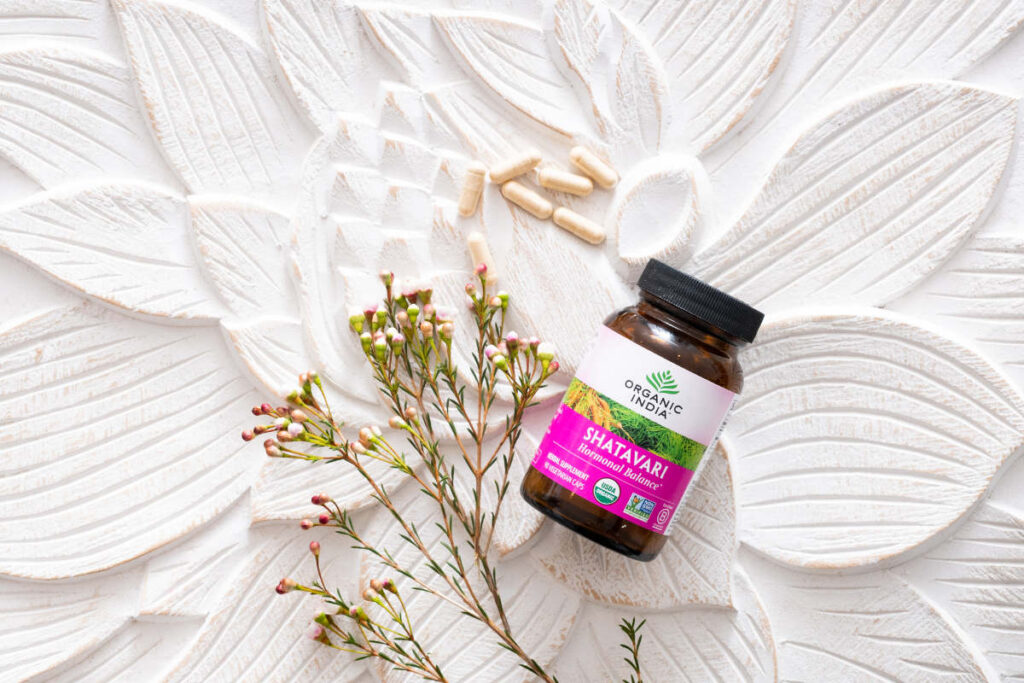Back
Of all the herbs in Ayurveda, Shatavari is the leader for women’s health. Native to India and a relative to the common asparagus plant, Shatavari is the go-to herb not only for reproductive and hormonal problems, but it’s equally used to quell stress and inflammation. Also called “Satavar,” Shatavari is one of the most powerful rejuvenating herbs in the Ayurvedic medicine cabinet.
Shatavari (Asparagus racemosus) has been used by Ayurvedic healers for centuries, but only recently have scientists identified the plant’s phytoestrogens — biochemicals with estrogen-mimicking properties. Phytoestrogens are especially important in menopause, the time when female-estrogen levels decline and these plant-based chemicals can supply needed hormones to relieve common menopausal symptoms, such as hot flashes or weight gain.
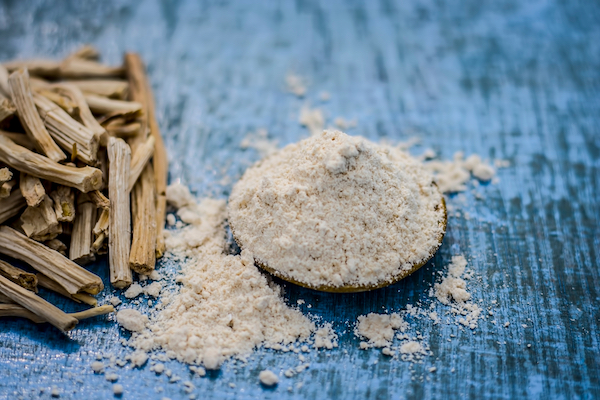
Shatavari has a long use in Ayurveda for increasing Sattva (healing energy) inside the body. It also increases Ojas, which is a Sanskrit term loaded with meaning: Ojas is often explained as the subtle essence of all vital fluids responsible for health, vitality, strength, longevity, immunity, emotional wellbeing, and spiritual growth. As a plant that increases Ojas, Shatavari invigorates the body and mind with essential energy. It infuses tissues with strength and endurance, and it protects the health and vitality of cells, affecting and influencing all bodily functions and physiological processes.
Shatavari is often translated as “having one hundred husbands,” or “she who possesses 100 husbands.” This is an awkward reference to its characteristic of supporting healthy endurance and strength in women, though such benefits seem to be lost in the translation of the word).
Shatavari For a Healthy Stress Response
It is important to remember that Ayurveda is a holistic system and does not focus on any singular plant chemical or symptom. Instead, Ayurveda is predicated on restoring balance to the whole body. In doing so, health issues improve when the body’s systems are allowed to function harmoniously — not only with each other, but also with the mind, nature, and spirit. As with most Ayurvedic herbs, Shatavari is multidimensional in its ability to simultaneously address many different types of imbalances. The fact that the plant is used to lower stress levels is one of its keys to success.
Shatavari is a Rasayana herb, which is Sanskrit for the “path of essence.” Relating to health, Rasayana foods promote health, longevity, and youthfulness.
National Library of Medicine researchers report that stress is a deeply rooted causative factor in hormonal imbalances. Psychological, physical, and physiological stressors disturb reproductive health by creating reactive oxygen species and oxidative stress. These effects are associated with menstrual cycles, ovary function, and female reproductive health disorders. As a result, Shatavari is frequently recommended in Ayurveda to support a healthy stress response, and yet modern medical researchers admit that its mechanisms for healing and balancing the body remain poorly understood in Western research models.
Shatavari and the Doshas
While Shatavari continues to mystify scientists, Ayurvedic doctors simply say that the plant restores balance due to its innate qualities. And this has to do with a concept that eludes modern medicine — the dosha system that works with natural, fundamental qualities inherent in humans, animals, nature, and even objects. From the Ayurvedic perspective, when doshas are out of balance, symptoms appear; when they are in balance, health, vitality, and happiness flourish. Shatavari is used for balancing both vata and pitta doshas (kapha constitutions should note, however, that it can slightly increase kapha).
Shatavari is a Rasayana herb, which is Sanskrit for the “path of essence.” Relating to health, Rasayana foods promote health, longevity, and youthfulness. When we relate this to the doshas, we find that Shatavari supports the hormonal system that supports the essence of life. As a plant with “cold” properties, Shatavari may alleviate an aggravated pitta dosha that is inclined to create heat-related symptoms, such as uterine bleeding and heavy menstrual flow. And for those going through menopause, Shatavari has been used in Ayurveda to treat hot flashes, depression, memory loss, and sleep disorders — all symptoms associated with increased pitta. Because the vata dosha governs the movement and actions of the body and nervous system, Shatavari is used for anxiety, a common Vata symptom. The plant is believed to calm the nervous system and helps promote sound sleep.
Supporting Women’s Health
Women’s health requires nutrients for balance, energy, relaxation, and reproductive wellness. In this role, Shatavari is the leader among all Ayurvedic herbs. Shatavari can be used throughout each phase of womanhood, from helping to regulate the menstrual cycle to helping increase female fertility and aiding during pregnancy and beyond. Shatavari benefits for women include increased breast milk production, nourishing the reproductive organs, strengthening female fertility, and providing nourishment to the mother and fetus during pregnancy. It has even been linked to stabilizing one’s mood and emotions during the menstrual cycle.
Shatavari Benefits for All
However, like the body, mind, and spirit, none of nature’s plants are one-dimensional. Shatavari may also have a beneficial effect on male reproductive system, mental stress, blood sugar balance, digestive issues, and the skin. It is also an anti-inflammatory, immune-builder, and depression- fighter, and can be taken as a supplement and used topically.
Potential benefits may include:
- increased male fertility
- replenishment of the immune system
- acts as natural sedative tonic to calm the nervous system
- soothes anger and irritability
- relieves inflammation of different organs within the body
- alleviates constipation, ulcers and chronic diarrhea
- support functioning of the respiratory system
We recommend taking Shatavari supplements in the form of daily capsules in order to obtain the full benefits of the Shatavari plant.
